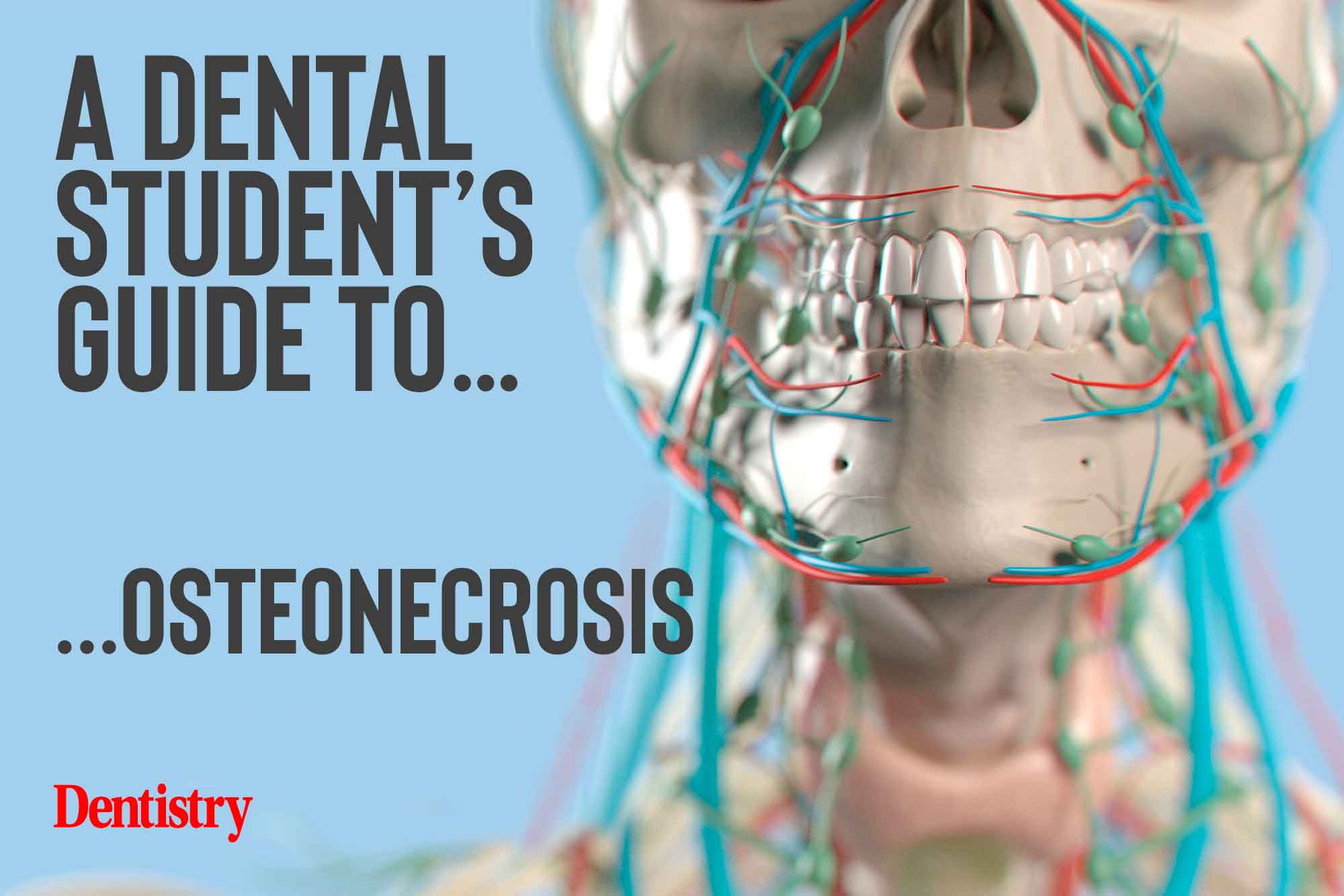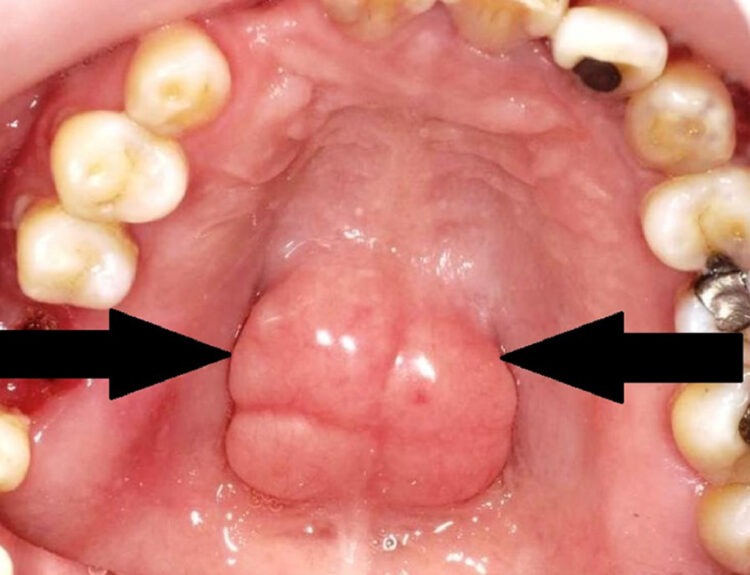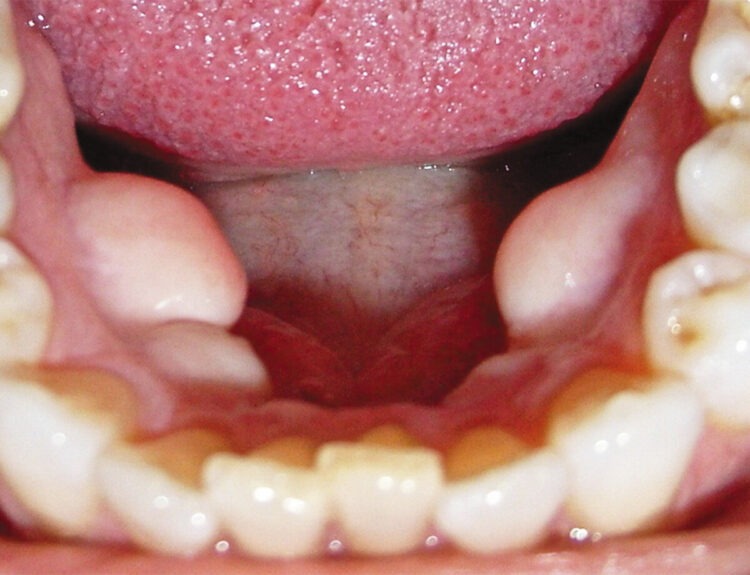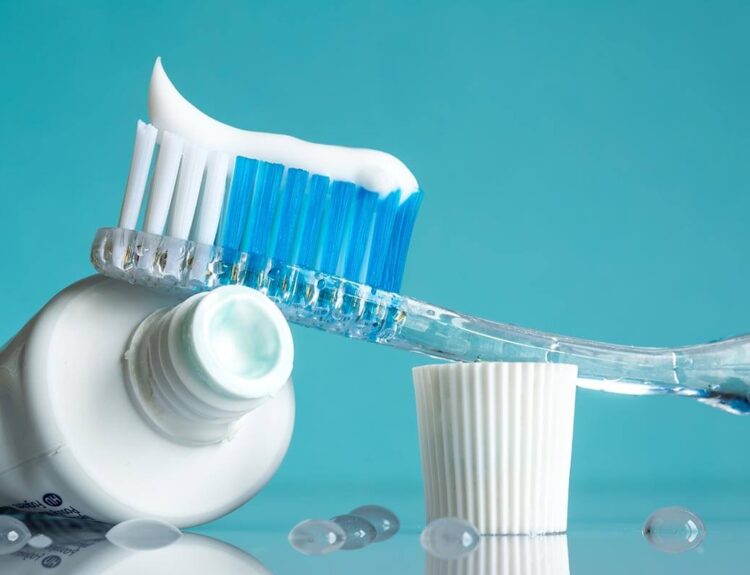What Are Bisphosphonates?
Bisphosphonates are medicines that slow down bone loss. Our bones are constantly being broken down and rebuilt. In diseases like osteoporosis, bone breakdown happens faster than new bone formation, leading to weak bones. They help by blocking the cells that destroy bone (osteoclasts). This makes bones stronger and reduces the risk of fractures.
Common Bisphosphonates
They are available in two main types:
Oral bisphosphonates (taken by mouth):
Alendronate (Fosamax)
Risedronate (Actonel)
Ibandronate (Boniva)
Intravenous (IV) bisphosphonates (given through injection):
Zoledronic acid (Zometa, Reclast)
Pamidronate (Aredia)
Oral forms are usually used for osteoporosis, while IV forms are prescribed for cancer-related bone diseases.
Why Do Bisphosphonates Affect Dental Health?
Your jawbone is one of the most active bones in the body because it’s constantly remodeling due to chewing, tooth movement, and minor injuries inside the mouth. When bisphosphonates slow down bone turnover, your jawbone loses some of its ability to heal quickly. This becomes important during dental procedures such as tooth extraction, implant placement, or gum surgery, which involve the bone. In rare cases, this can lead to a Osteonecrosis of the Jaw.
What Is Osteonecrosis of the Jaw?
Osteonecrosis of the Jaw is a serious but rare condition where part of the jawbone doesn’t heal properly after injury or surgery. The bone becomes exposed and may die due to poor blood supply.
Symptoms of Osteonecrosis:
Exposed bone in the mouth that doesn’t heal for weeks
Pain, swelling, or infection in the gums
Loose teeth without gum disease
Bad breath or an unpleasant taste
Difficulty chewing or speaking
Osteonecrosis is more common in people receiving IV bisphosphonates for cancer than those taking oral bisphosphonates for osteoporosis.
Who Is Most at Risk?
Not everyone who takes bisphosphonates will have dental problems, but certain factors increase the risk:
Taking bisphosphonates for more than 3–5 years
IV therapy (stronger doses used in cancer patients)
Tooth extraction or other oral surgery
Poor oral hygiene or gum disease
Smoking or alcohol use
Diabetes or other long-term illnesses
Use of steroids or chemotherapy
Bisphosphonates and Dental Treatment: What You Should Do
If you are already taking them, communication between your dentist and doctor is key.
1. Before Starting Bisphosphonate Therapy
If your doctor plans to start bisphosphonate treatment:
Visit your dentist for a full check-up.
Get any decayed or infected teeth treated.
Have unsalvageable teeth removed before starting the medicine.
Maintain good oral hygiene from day one.
Doing this helps avoid future tooth extractions after starting them, when healing is slower.
2. While Taking Bisphosphonates
Once you’re on bisphosphonates:
Inform your dentist at every visit about your medication.
Continue routine cleanings, fillings, and preventive care — these are safe.
Avoid unnecessary tooth extractions or implant placement if possible.
Keep your mouth clean — brush twice daily and floss regularly.
Visit your dentist every 6 months for a check-up.
3. If You Need a Tooth Extraction
If extraction is unavoidable:
Your dentist may use minimally invasive techniques to reduce trauma.
Antibiotics may be given before and after the procedure.
Healing will be closely monitored.
Your dentist may consider a temporary “drug holiday”, but only under medical supervision.
Dental Implants and Bisphosphonates
Dental implants are directly anchored into the jawbone. Because they slow bone healing, the success rate of implants can be affected, especially in people on IV bisphosphonates. However, in patients taking oral bisphosphonates for less than 3 years, implants can sometimes be done safely with extra precautions. A careful evaluation by your dentist and physician together will determine whether implants are the right choice for you.
Tips to Maintain Oral Health While on Bisphosphonates
Here are some simple yet vital tips for keeping your mouth healthy while using bisphosphonates:
Always inform your dentist about your medication history.
Brush and floss daily to prevent gum infections.
Rinse with an antibacterial mouthwash if advised.
Avoid smoking and limit alcohol consumption.
Eat a balanced diet rich in calcium and vitamin D.
Don’t delay dental visits, early treatment prevents complications.
Report any pain, swelling, or exposed bone immediately.
Living Safely With Bisphosphonates
For most patients, bisphosphonates are safe and beneficial. Only a small number develop complications like Osteonecrosis of jaw. By being aware and maintaining good communication with your dentist, you can enjoy both strong bones and a healthy smile.
Remember: prevention is better than cure. A proactive approach, with regular dental checkups and good oral care, can make all the difference.
Read our full disclaimer.




